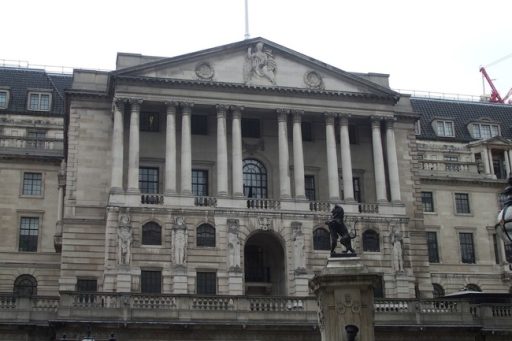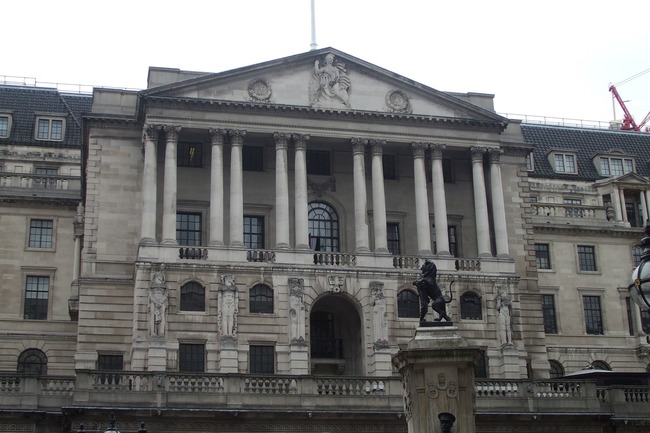FD Capital, a premier boutique financial recruitment firm, has recently released a report criticising the Bank of England’s protracted inflation strategy. The report characterises the Bank’s approach to inflation as “too high, too late, and now for too long,” advocating for a reduction in interest rates in early 2024.
The research, conducted by the recruitment agency, predicts that by March 2024, the 12-month CPI inflation rate will decline to 3.1%. A brief increase in the 6-month CPI rate at the onset of 2024, stabilising around 2%, is also anticipated.
FD Capital’s study challenges the Bank of England’s method of managing inflation, proposing that interest rates should have been increased more swiftly, reaching a peak in mid-2022, a full year earlier than actuality. The study argues that an earlier escalation in inflation would have controlled it without the need for such significant interest rate hikes.
Currently, the interest rate stands at a constricting 5.25%, whereas, according to the report, it could have peaked at 3.25% had the Bank of England intervened earlier. This hindsight analysis indicates that the Bank’s ‘higher for longer’ strategy should have concluded by summer 2023, potentially averting a recession.
In contrast to expectations, UK inflation for November dropped notably to 3.9% from October’s 4.6%, mainly due to reduced petrol prices. This puts the UK economy at a critical juncture, facing either a steep recession in 2024 or narrowly escaping it. FD Capital argues that a more prompt response from the Bank of England could have prevented the current economic difficulties.
The report also criticises the UK government’s handling of COVID support measures, like business loans and the furlough scheme, citing them as major contributors to the inflation spike and more influential than measures like quantitative easing.
Financial experts and commentators now anticipate a possible interest rate cut by May, with a divided opinion on a reduction in March. FD Capital’s research, however, posits that it could take another 9 to 12 months for the UK to fully experience the effects of what it terms the Bank of England’s “too high, too late, and now for too long” inflation strategy.







